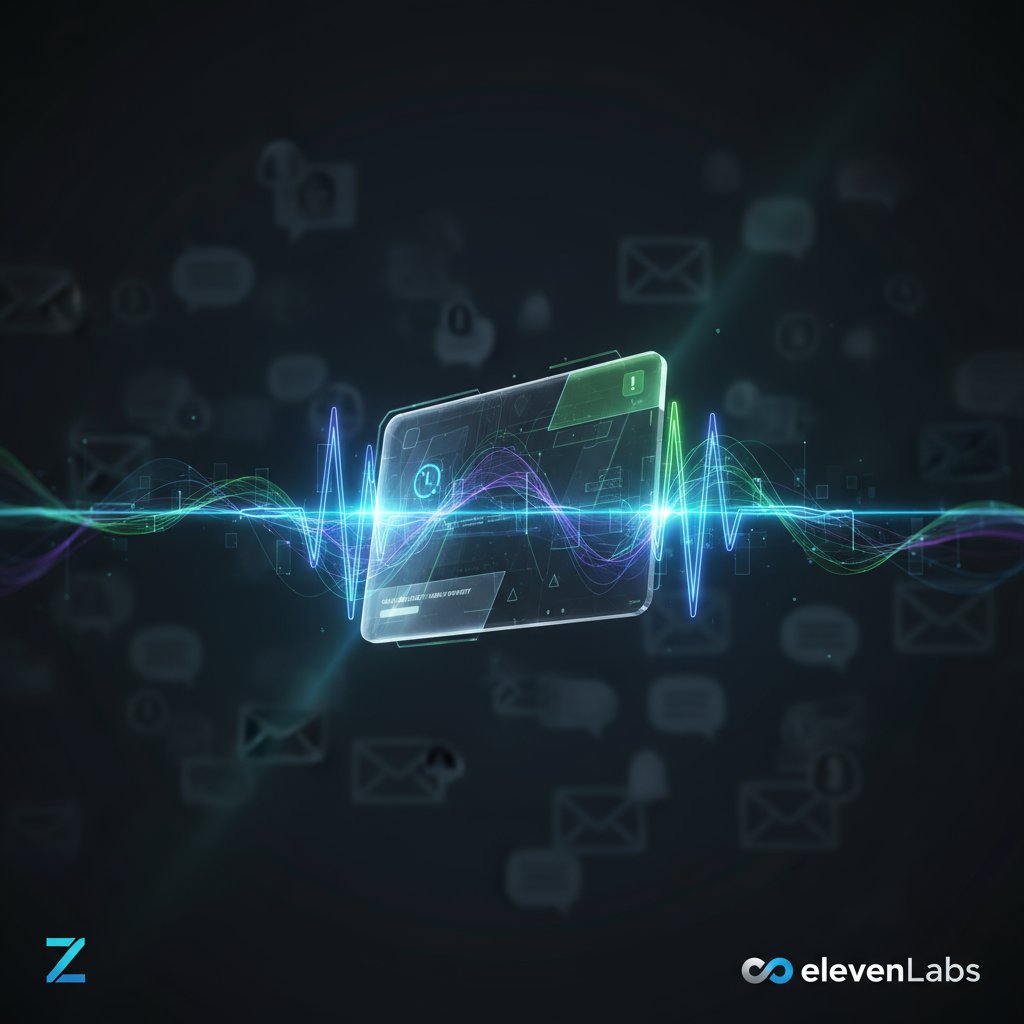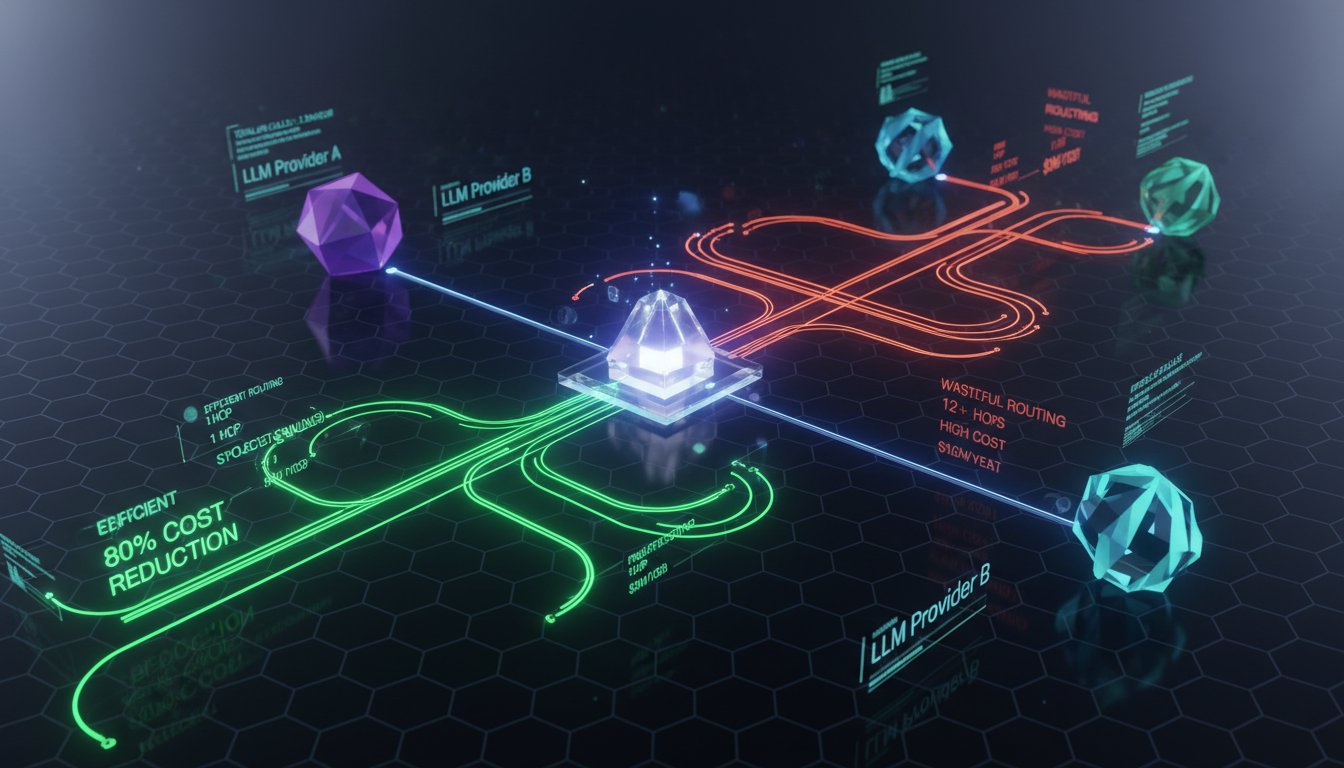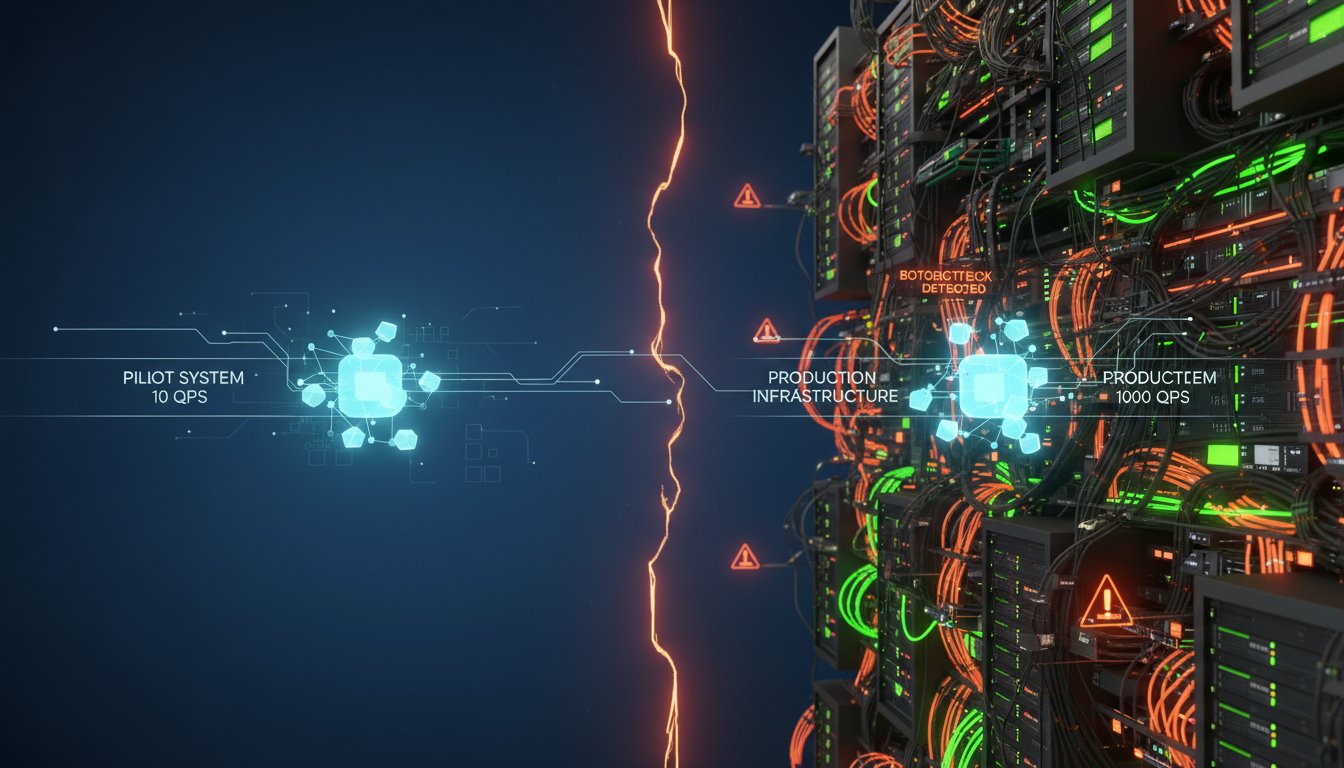In the heart of every bustling customer support center, there’s a familiar symphony of chaos. Keyboards clatter, email notifications ping incessantly, and a dozen Slack channels scroll by in a blur. Amidst this digital noise, the most critical alerts—the ones that demand immediate, all-hands-on-deck attention—can easily get lost. A VIP customer’s urgent ticket might sit unseen for crucial minutes, buried under a deluge of lower-priority updates. This notification fatigue isn’t just an annoyance; it directly impacts customer satisfaction, resolution times, and team efficiency. When every alert looks and sounds the same, the truly important ones lose their power.
But what if you could make your most critical alerts unmissable? Imagine cutting through the noise not with another visual pop-up, but with a clear, calm, and direct audio announcement. This is where the synergy between a leading customer service platform and a pioneer in AI voice technology creates a revolutionary solution. By integrating Zendesk’s powerful ticketing system with the new Agents platform from ElevenLabs, you can transform text-based triggers into real-time, high-fidelity audio alerts. This isn’t just about adding another notification; it’s about creating an intelligent, responsive environment where your team’s attention is directed precisely where it’s needed most, the moment it’s needed.
This article provides a complete technical walkthrough to build that exact system. We will guide you step-by-step through configuring Zendesk to identify high-priority tickets and using ElevenLabs to generate instant, dynamic voice alerts. You will learn how to connect these platforms to ensure that no critical issue ever goes unnoticed again, turning your support hub from a reactive environment into a proactive, audibly-aware command center.
Why Audio Alerts Are a Game-Changer for Support Teams
Visual notifications have a fundamental limitation: they require the user’s visual attention. In a fast-paced support environment where agents are already juggling multiple windows, conversations, and knowledge base articles, a small pop-up in the corner of a screen is easy to overlook. This phenomenon, known as notification fatigue, desensitizes team members to alerts, diminishing their effectiveness.
Audio cues, on the other hand, tap into a different sensory channel. A distinct, clear voice alert is nearly impossible to ignore and is processed by our brains as a high-priority signal. It grabs attention without forcing the agent to switch context visually, allowing them to finish their current task while being made aware of the new, urgent issue. This immediate, attention-grabbing nature can dramatically shorten the time between ticket creation and first response.
The Tech Stack: What You’ll Need
To build this system, you’ll need a few key components. The setup is straightforward, relying on the robust API capabilities of both Zendesk and ElevenLabs.
Zendesk Account
You’ll need a Zendesk plan that allows access to automations and webhooks. This is typically available on the Suite Team plan and above. Ensure you have administrative privileges to configure triggers and extensions.
ElevenLabs Account
This is where the magic happens. Sign up for an ElevenLabs account to get access to their state-of-the-art voice AI. For this project, we’ll be leveraging the new ElevenLabs Agents platform, which is designed for creating and deploying powerful, autonomous AI agents for enterprise use cases like this one.
Middleware or Automation Platform
To connect Zendesk and ElevenLabs, you need a service that can receive a webhook from Zendesk, process the data, and then make a corresponding API call to ElevenLabs. Tools like Zapier, Make, or Pipedream are excellent no-code/low-code options. For more customization, a serverless function (e.g., AWS Lambda, Google Cloud Functions) written in Python or Node.js is a perfect choice.
Step-by-Step Implementation Guide
Let’s walk through the process of connecting Zendesk to ElevenLabs to generate your audio alerts.
Step 1: Configure Your Zendesk Trigger
First, you need to tell Zendesk when to fire an alert. In your Zendesk Admin Center, navigate to Objects and rules > Business rules > Triggers.
Create a new trigger with conditions that define a critical event. For example:
- Meets ALL of the following conditions:
- Ticket | Is | Created
- Priority | Is | Urgent
This simple trigger will activate every time a new ticket marked as ‘Urgent’ is created. You can add other conditions, such as specific organizations, customers, or keywords in the subject line, to fine-tune the rule.
Step 2: Set Up the Zendesk Webhook
Under the “Actions” section of your newly created trigger, you will tell Zendesk to send the ticket information to your middleware. Add the following action:
- Action: Notify active webhook
- Webhook: [You will create this next]
Go to Apps and integrations > Webhooks and create a new webhook. Give it a name like “ElevenLabs Alert.” The “Endpoint URL” will be the URL provided by your middleware platform (e.g., your Zapier Webhook URL or your serverless function’s endpoint). For the “Request method,” choose POST. For the “Request format,” select JSON.
Now, go back to your trigger and select the webhook you just created. In the “JSON body” field, you can specify exactly what data to send. This allows you to craft a dynamic message. Use Zendesk’s placeholders to include ticket details:
{
"ticket_id": "{{ticket.id}}",
"ticket_title": "{{ticket.title}}",
"priority": "{{ticket.priority}}"
}
Step 3: Create Your ElevenLabs Audio Agent
Log in to your ElevenLabs account and navigate to their API section. Here, you will choose a voice for your alerts. ElevenLabs offers a vast library of pre-made voices, or you can even clone a voice for a more personalized touch (with proper consent, of course).
Your goal is to make an API call that sends text to be converted into speech. The API is well-documented and easy to use. Take note of your API key and the ID of the voice you want to use. Your middleware will use these to authenticate and generate the audio.
Step 4: Build the Middleware Logic
This is the glue that holds the system together. Your middleware will perform three simple tasks:
- Receive the Webhook: It will listen for the incoming POST request from Zendesk.
- Construct the Message: It will parse the JSON data from Zendesk and build a string for the audio alert. For example:
"Alert: Urgent ticket number ${data.ticket_id} has been received. The subject is: ${data.ticket_title}." - Call the ElevenLabs API: It will send this text string to the ElevenLabs text-to-speech endpoint, along with your API key and chosen voice ID. The API will then return the audio file, which you can have play directly through a connected speaker or forward to another service like Slack.
This entire workflow, from a customer submitting an urgent ticket to a clear voice alert being announced to your team, happens in a matter of seconds.
Taking It Further: Advanced Customizations
Once you have the basic system running, you can easily expand its capabilities.
- Tiered Alert Urgency: Use different voices or tones for different priority levels. A calm, assertive voice for ‘High’ priority tickets, and a more urgent-sounding voice for ‘Urgent’ ones.
- Channel-Specific Routing: Instead of playing the audio in the main office, you could use the Zendesk and Slack APIs to post the audio file directly into a specific
#alertschannel for remote team members. - Assignee-Specific Alerts: Customize the trigger to identify when an urgent ticket is assigned to a specific agent and send a personalized audio mention to that user in a chat application.
In the ever-demanding world of customer support, getting the right information to the right person at the right time is everything. Visual notifications, once the standard, now blend into the background noise of the modern digital workspace. By leveraging the visceral, attention-grabbing power of audio, this integration between Zendesk and ElevenLabs provides an elegant and powerful solution. You are no longer just managing a queue of tickets; you are conducting a responsive, efficient, and audibly intelligent support operation where your team can act with decisive speed.
Ready to bring the power of real-time audio alerts to your support team? Click here to sign up for ElevenLabs and start building your own AI agents today.




